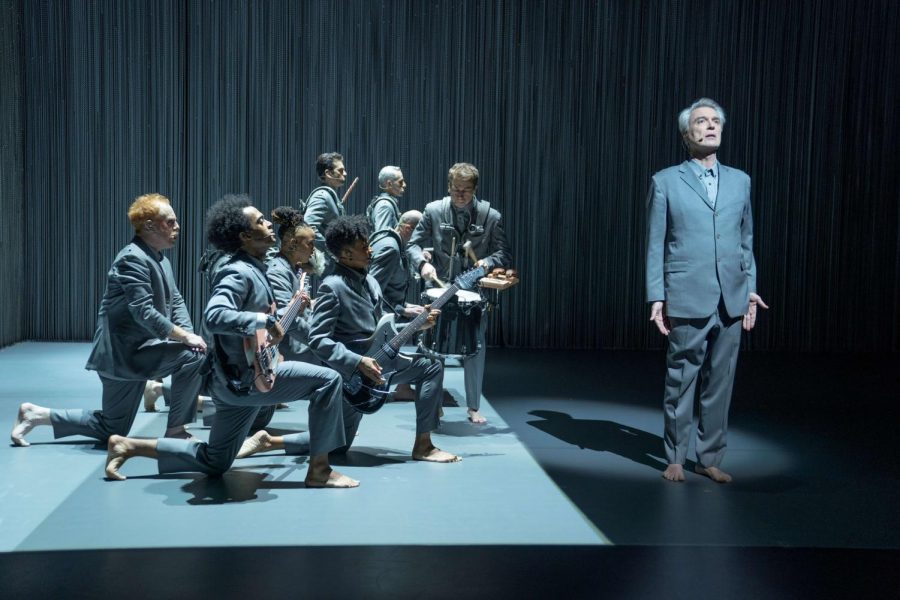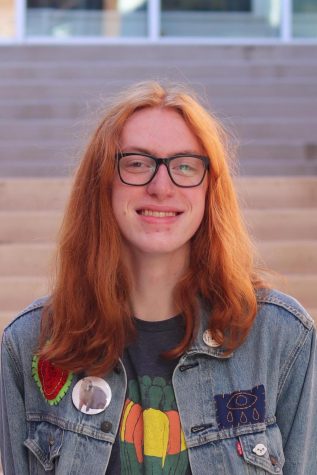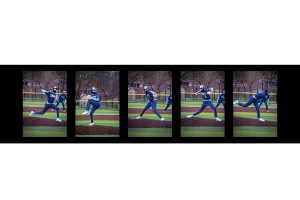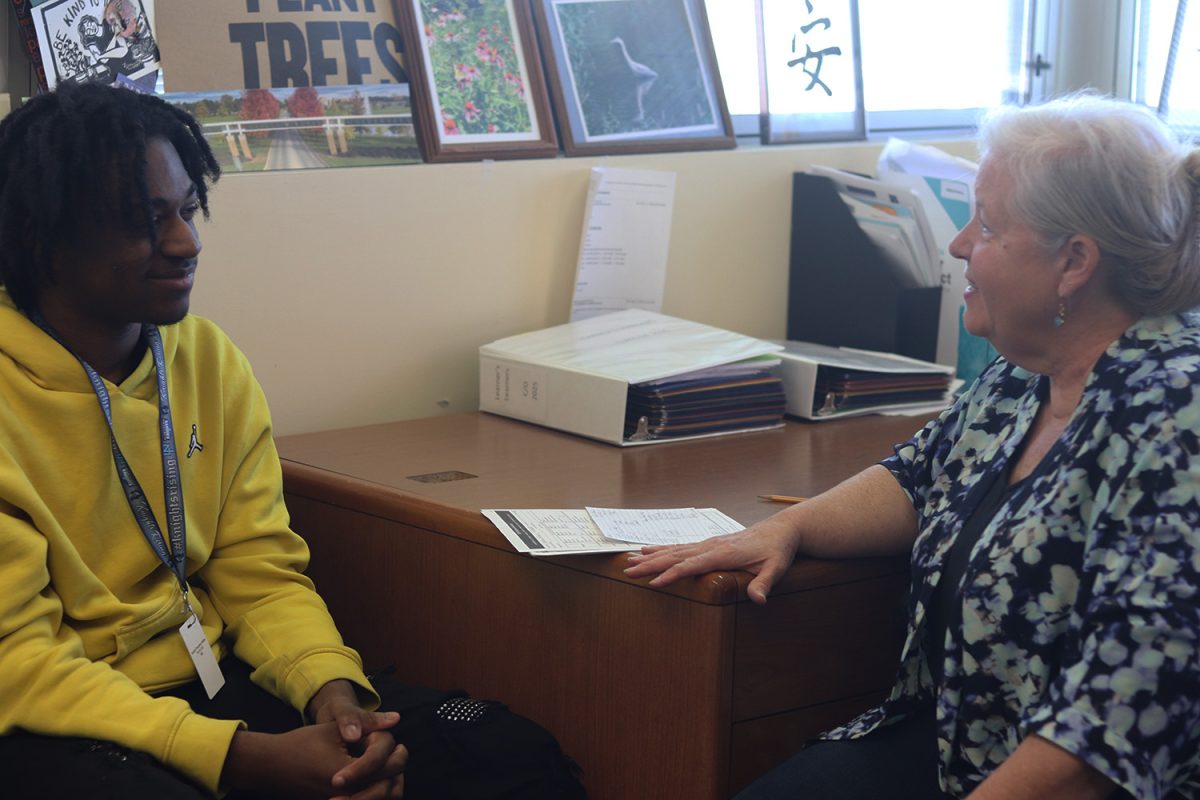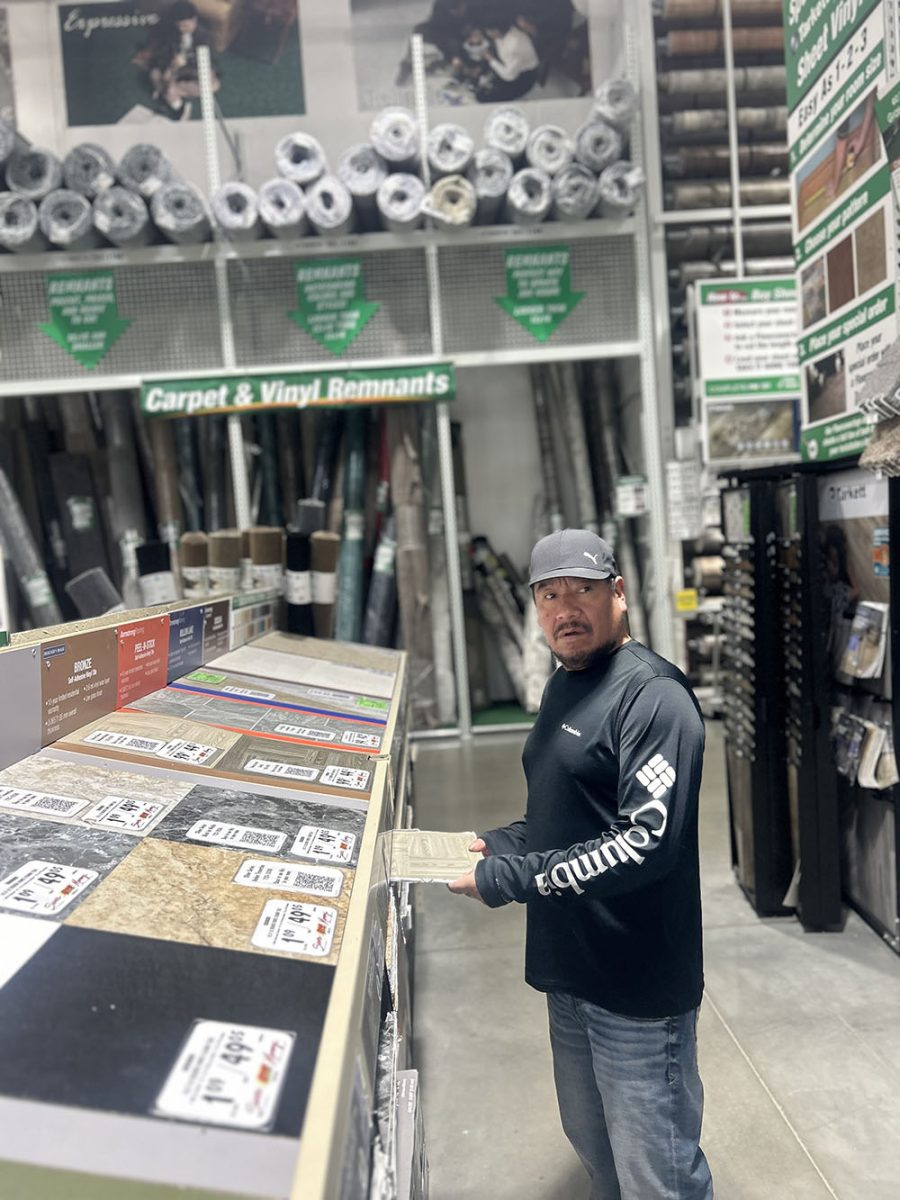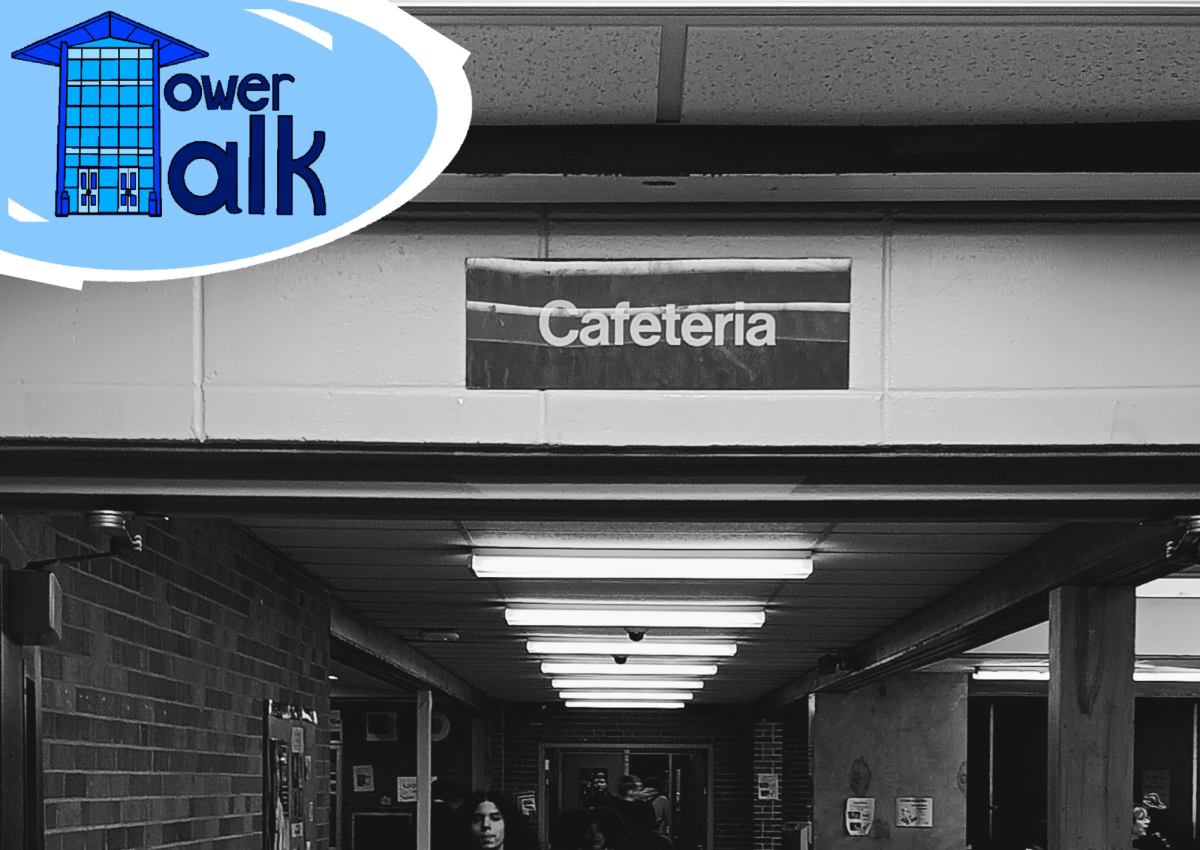David Byrne finds a great way to be gray in “American Utopia”
Credit: David Lee/HBO
October 31, 2020
The glint of shimmering silver chains, draped like curtains, set the boundaries of this world.
The moment is occupied solely by a ghastly, white-haired figure donning a gray suit. He sits contemplatively at his gray school desk, positioned evenly in the center of his gray-floored landscape. Gray, considered a lifeless color in most cases, acts as the perfect canvas for David Byrne to paint his lively reality upon.
David Byrne’s “American Utopia” is the latest musical production by David Byrne, best known as the former frontman of new wave band Talking Heads. “American Utopia” is now available to watch exclusively on the HBO Max streaming service.
What began as a world-touring concert evolved into a resident Broadway production after receiving astounding critical acclaim. That’s where this film picks up. For the duration of its 100-minute runtime, you’re placed into the audience at NYC’s Hudson Theatre for an immersive evening.
Featuring songs both from his new album of the same name as the film and old songs spanning his forty-year career, both solo and with the Talking Heads, the music of this film consists of the thoughtful art-rock Byrne is known for and unsurprisingly leaves little to be desired.
When it came time to adapt the show to film, Byrne enlisted A-list director Spike Lee, who in recent years has directed the films “BlacKkKlansman” and “Da 5 Bloods.” While David Byrne is cited as the principal creative force behind this production, Lee still brought his own directorial flair to the table.
The film is beautifully shot and cinematically arranged, providing a far different experience from seeing it live. I find it easy to say that given the nature of this work, Lee’s political realist style serves to extend the original messages of the production. The themes of racial oppression and civil rights, typically present in Lee’s films, mesh nicely with the material at hand, making this combination seem like a match made in heaven.
As of writing this review, I have experienced “American Utopia” three times. The first, and needless to say the most thrilling viewing, I saw two years ago live at the Devos Performance Hall in Grand Rapids, Michigan during the initial tour of the show in 2018.
My second time watching it was earlier this month at the virtual screening of Spike Lee’s film adaptation of the broadway show via the New York Film Festival, which I viewed safely from the comfort of my living room.
My third and so-far final viewing of the show was the HBO premiere of the same movie, which is probably the closest to a theatrical release that we’ll get amidst the pandemic.
I use the word “experience” with intent to describe this show. This isn’t the type of concert film you watch simply to see a band you like perform your favorite songs, however having many classics under his belt, Byrne may be able to fulfill this too. Regardless of what type of film you’re looking for, I think any fans of Byrne’s previous works will find “American Utopia” remarkably enjoyable.
Byrne and his mélange of musicians from across the globe require your full attention in this flick. Despite wearing inexpressive uniform-like gray-colored suits, each cast member flaunts a distinct demeanor as they portray the ever-relevant political narrative.
This show clearly was not created to represent an ideal future, rather to usher us into one.
Colorful lights are used to project life onto the otherwise bleak-gray set. The cast struts across the stage with the grandeur of a marching band thanks to the stunning choreography but somehow still maintains the funky ambiance of Byrne’s music. Byrne makes sure to mention between songs how every sound the audience hears comes from the musicians on stage: no funny business like pre-recorded tracks. Keeping this in mind makes their movements all the more mesmerizing.
This show clearly was not created to represent an ideal future, rather to usher us into one. The show bolsters its support for former NFL player and activist Colin Kaepernick, and later in the show for countless victims of police brutality in a powerful rendition of Janelle Monáe’s “Hell You Talmbout.” Audience members are reminded of the importance of voting and are urged to register then and there after the show.
Seeing “American Utopia” again for the first time in many years has reminded me how distinct it is compared to other concerts and concert films I’ve seen. This is not just a rehashing of the 1984 Talking Heads concert film “Stop Making Sense,” nor does it feel like it’s in the same vein as that, despite some songs overlapping in their setlists.
In making “American Utopia,” Byrne has set his sights on something very modern, and hence his use of the word “utopia,” an optimistic future where all American people can live without worry. He plays with the notion that as humans develop, they shed their neural connections until what remains is only what defines them. Individuality is a theme that is present throughout the show, whether it be racial or simply self-expressive connotations. Either way, the idea of a future that embraces individuality could not be any more relevant weeks before the election deciding the future of the nation: our path to “utopia.”
In the latter half of the show, before vigorously marching through the aforementioned “Hell You Talmbout,” Byrne really encapsulates what the show is all about.
“I also see the song as being about possibility.” Byrne continued, “Possibility of change. Not just in the imperfect world out there, but in myself too. I also need to change.”
This is a mindset we could all stand to adopt. Not simply waiting for the change to come to us, but taking direct action to make it happen.
“I think there’s still a possibility,” said Byrne. “We’re a work in progress. We’re not fixed. Our brains can change.”


